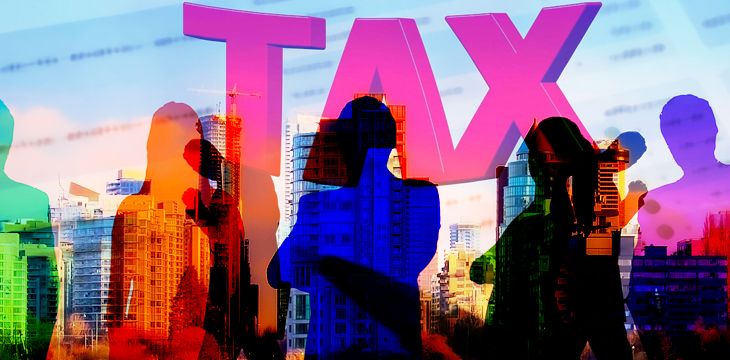|
Getting your Trinity Audio player ready...
|
It has been over a year since QuadrigaCX went bankrupt, and many former users of the digital currency exchange are still waiting to receive some type of payout from the $190 million they had turned over to the company. There are still a lot of unanswered questions about what actually happened when the Canada-based exchange suddenly went dark, and the trustee appointed to help figure everything out, Ernst & Young (EY), continues to sift through mountains of data. Much of that data will now be made available to the Canada Revenue Agency (CRA), the Canadian taxman, and this might have some users concerned about what is coming.
The CRA has asked EY to hand over a lot of information held by the exchange, according to a report (in pdf) provided by the global accounting firm this past Tuesday. Among the data the taxman wants are financial statements, business records, corporate legal records, contractor agreements, bank accounts and digital wallet addresses. It also wants “detailed information” on fiat and digital assets owned by the exchange’s users and an analysis of “user-specific transaction activities,” as well as any information on identified accounts.
Instead of picking and choosing what information would be delivered, EY has decided to save time and resources and let the CRA have it all. It explains in its report, “The Trustee has advised CRA that its intention is to simply produce a copy of the full EDiscovery Database, redacted only for privilege, in response to the CRA Production Demand.”
According to data previously provided by EY, that database includes 750,000 individual documents, some of which are linked to the 115,000 users that were registered with the exchange when it went bankrupt. Included in that information are personal details of the users, including transaction data, account balances and more.
Obviously, not everyone is pleased with the decision, and a group of QuadrigaCX users, part of a creditor’s committee for the exchange, would have preferred to prevent the information sharing exercise from happening. They view it as a breach of privacy, adding, “Among other things, Committee members debated at length concerns about sharing the information with the CRA, the safeguarding of that information, the nature of the personal information contained on the Database, the value of the privacy interest affected, and the reasonable expectations of Affected Users.”
Despite the concerns, EY is complying with the request of the CRA, and users will simply have to wait to see how the agency plans on using that data. Canada has taxed digital assets since 2013, and the information received might be used to ensure that Canadian taxpayers are being honest with the taxman.

 03-01-2026
03-01-2026 




